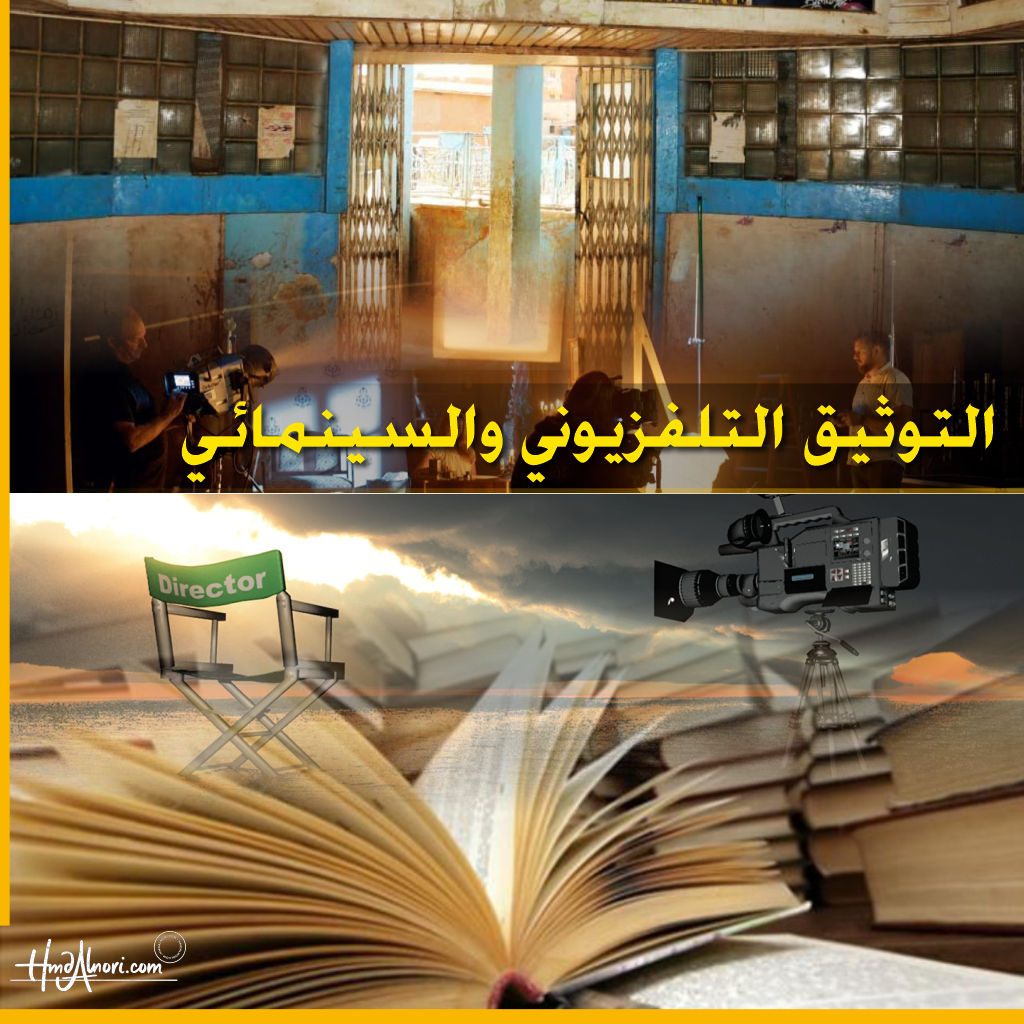Television and film documentation
“There is nothing more wonderful than reality” Fredico Fellini’s quote opens the appetite to wander through life, and emanates from the challenge of discovering the truth, and transforming it into an enjoyable visual and narrative reality. To make a tight documentary, one needs attentive eyes, emotional participation, intellectual competence, artistic talents, in addition to asking urgent questions about man, place and time. If dealing with themes and materials is very important in a documentary, finding the right art form is paramount in this course.
Visual documentation has become a very important element at the level of individuals, families and societies, as it is the truth that and the proof, which is the legacy and the inheritance, at a time when we are looking for the reference or explicit evidence and the source, whether it is information, news or an art of the arts, this matter explains the important necessity of the documentation process as proof of proof It helps in eliminating rumors and accusations, as well as proof and evidence of facts, as well as in arts and literature, so we can say that documentation is necessary in our lives,
Course topics:
Definition and importance of documentation, types of documentation, a historical overview of documentation / investigation and investigation phase and focus on the task points / Identification of the main and secondary points targeted in documentation / Introduction to skills for dealing with media and media centers / Defining the vision and (storyline) and creating alternative plans in the field Determining the requirements work between adaptation and quality before starting the protocol and media coordination in the field and methods of dealing / skills of dealing with developments and finding solutions to achieve.
Course objectives:
Refining the skills of directing, production, photography and montage / developing the capabilities of artistic criticism and intellectual supervision of the production of documentaries / making the documentary film professionally and creatively, from the idea to the screen.
Target group:
For those interested in directing documentaries and television coverage / workers in the field of media coordination in media centers / anyone who wants to develop visual documentation skills.
Tools used: theoretical explanation, live practical examples (explanation on a board, video clips), course notes, open panel discussion,
Note: Technical courses vary according to recent developments in their time and the target group of trainees
Number of hours: 30 training hours